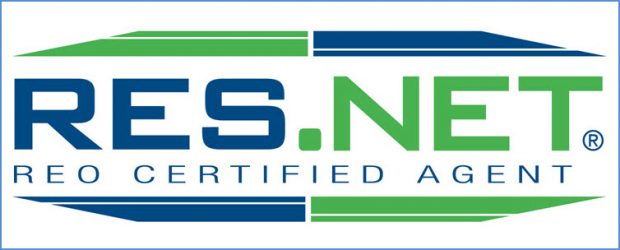FAQ1
Information about Real Estate, renting, purchasing and selling in Florida Cape Coral.

Contract terms?
Deposit / earnest money when you are purchasing is required to show serious interest in this particular property. Amount can be as low as $100 (for vacant land in lower price range) up to …. For a home the deposit amount should be US$3,000 and up.
Owning a property and related fees?
Yearly fees and costs for the property you own are: property/ real estate taxes & stormwater fees (which are on a combined statement with the real estate taxes), lot mowing fees as well as special assessment fees for financed utility installments.
Settlement statement?
The Real Estate Settlement Procedures Act (RESPA) statement. This form, sometimes called a HUD 1 statement, itemizes all the costs associated with the closing. You’ll need this for income tax purposes and when you sell the home.
Loan documents?
The Truth in Lending Statement summarizes the terms of your mortgage loan. The mortgage and the note (two pieces of paper) spell out the legal terms of your mortgage obligation and the agreed-upon repayment terms.
Closing documents?
The deed transfers ownership of the property to you. Affidavits swearing to various statements by either party. For example, the sellers will often sign an affidavit stating that they have not incurred any liens on the property. Riders are amendments to the sales contract that affect your rights. For example, if you buy a condominium, you may have a rider outline the condo association’s rules and restrictions.
Long term rentals?
If you are doing long term rentals, 6 months and 1 day, usually you use a lease agreement for 1 year term.
Security deposit and other requirements?
A security deposit of 1 month rent and even more is pretty common; separate deposit for a pet is usual. Requirements before renting out can be credit check, proof of income and doing an interview.
What if a tenant does not pay the rent?
Landlords may sue tenants who refuse to move out caused through non payment of rent. After a tenant gets a notice to vacate (or a notice of lease termination), there is a chance to fix the problem. Depending on the type of notice, like a 3-day or 7-day notice, the tenant must do something to fix the problem, like pay rent. If the tenant does not correct the problem, the landlord can sue. The landlord pays a fee and files papers, called a “complaint,” with the Clerk of Court to begin a lawsuit. The tenant gets a copy of the summons and complaint for eviction – this is called “service of process.” These papers (signed and dated) may be left on the tenant’s door (make sure it won’t get lost, maybe take a picture before leaving) and another copy sent in the mail. You may use a lawyer for the full process.
What is considered an eviction?
An eviction is a legal process in which a landlord removes a tenant from a rental property (house, condo, apartment). Evictions happen, because the tenant has not paid the rent, or even because the tenant is habitually late on the rent. The lease may outline other reasons that can cause an eviction.
Doing rentals… what you should know as a landlord:
Can a landlord evict a tenant immediately?
Landlords can’t just lock a tenant(s) out, even if they are behind on rent. They must get a court judgment first. The landlord can’t evict a tenant without terminating the tenancy first. This usually means giving an adequate written notice, in a specified way and form.
What happens if a tenant gets evicted and don’t leave?
If tenant does not leave when the time listed in the Eviction Order, the landlord can have the Sheriff force the tenant to move out. Only the Sheriff has the authority to physically remove the tenant from the home. … After the Sheriff evicts the tenant, the landlord can then take tenant’s belongings out of the home and leave them outside.

